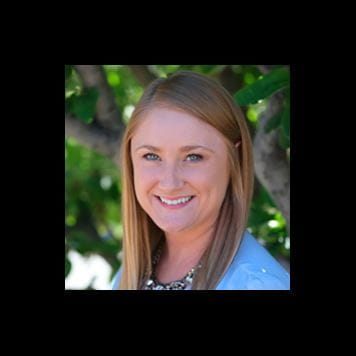Webinar Recap: Well-Balanced Perspective on College Fit with Dr. Denise Pope
3/17/20

Dr. Pope is a Senior Lecturer at the Stanford University Graduate School of Education, where she specializes in these qualitative research methods, as well as student engagement, curriculum studies, and service learning. She is the founder of Challenge Success, an organization that partners with schools, families, and communities to bring about a more healthy approach to the college admission process.
A Difference of Perspective
When asked to define success, parents had a more intrinsic view based on the feelings of satisfaction, wellness, and the strength of relationships. Students, on the other hand, put more extrinsic goals at the top of the list, such as money, grades, and what school they attend. So, it’s only natural that these are the top worries they have as well.
The Pressures of College Admissions
Not only do students feel pressured to get good grades, especially in their junior year of high school, but they feel this is the only way they will get into a good school, get a good job, and lead a good life. This pressure is also weighed down by worries of fitting in, leaving home, and feeling as though they are being compared to others. All of this weight leads to increased stress, anxiety, depression, and narrows their vision on what it takes to truly succeed.
If this stress wasn’t enough, the pressure is on even more now that more people are applying to college, making the competition to gain a coveted seat at their chosen university even stronger. Plus, tuition is higher than ever, but there’s more uncertainty about finding a job after graduation with the current economy, which all equates to greater—you guessed it—stress.
Are College Rankings Even Relevant?
Turning back to the root of the problem: attending the “good” school. What makes it good? Many families rely on certain rankings that define the quality of different schools. Whether it’s a parent’s alma mater, has Ivy League status, or rates high on a published list of top schools, the pressure to attend one of these organizations is equally as high. However, Dr. Pope and her team have discovered the metrics used to rank these schools are not accurate indicators of quality or student outcome. In fact, one of the main factors in finding the right college is to find the right FIT.
Finding the Right Fit
There’s a lot more to a school than its published rank. Being accepted to a college is not as important as performing well while attending. This is why student engagement in any chosen school is more important than rank. Schools that offer more engaging opportunities, such as mentorships, internships, and more real-life experiences are shown to have more encouraged, invested, and thriving students.
To be engaged, students need to be ready—and not just academically. Besides all the pressures already discussed, college is a big change. Students need to have the social, emotional, and life skills to make it through. Here’s where parents can really make a difference. Instead of adding to the pressure, they can help shape readiness by allowing their kids ample recreational time, downtime, and family time. Let them ask for help, learn from their mistakes, take on chores, work outside the home, make their own appointments, communicate their feelings, and take the lead on applying for the college they want to attend—not the one parents wish they would. When students define their own success, it’s easier for them to find the joy in learning and discovering where they fit best in the world.
How Does Laurel Springs Support Dr. Denise Pope's Research?
The Laurel Springs Counseling Department supports Dr. Pope's research by encouraging our students and their families to think about their personal values and college preferences when building their balanced college list. Our updated Upper School Seminar course curriculum upholds this approach by integrating targeted lessons, assignments, and projects that encourage students to explore their personal values and refine their college and career preferences.
These courses include the college and career planning tool, Naviance, which further enhances the college and career planning experience. By collaborating with their Laurel Springs College Counselors and working in their Seminar course, students will learn about their strengths, skills, and abilities, and in turn identify colleges and universities that will best fit their goals and needs.

The research that Dr. Pope shared with us in her presentation affirmed the approach that our College Counselors take in working with their students. In hearing from Laurel Springs alumni, we believe that students are happiest and most successful at the post-secondary level when they have taken the time to do thoughtful research into colleges and universities of interest. We have seen a trend in students planning to apply to a large number of institutions and we hope that they will heed Dr. Pope's advice in carefully creating a balanced list of colleges to apply, where they believe they will be able to excel academically, personally, and socially.
Share on social media
